The hard thing about “soft” skills is that they aren’t really “soft.”
Mary lies in a hospital bed, very sick. She is in tremendous pain, ill, scared, worried about who is taking care of the kids while she is in the hospital, and worried about how they will pay the medical bills when, if, she gets out.
June, the nurse on duty, comes in on scheduled rounds. June is very competent – one of the most skilled at starting an IV, charting notes accurately, and she graduated near the top of her class. She passed her state board exams with flying colors. She is fast, organized, and very efficient at taking care of her patients. She has very good “hard” skills. “Hard” skills are our competency skills, like our technical knowledge base, abilities, talents, and what we can actually do. These skills contribute to success for a person or organization.
But, when June comes on her scheduled rounds, her lack of “soft” skills becomes immediately apparent to Mary. Mary doesn’t care where June graduated in her class – as long as she graduated – or how quick she can chart a note. Mary doesn’t want to be handled fast and efficiently. When Mary asks a question, she doesn’t understand the technical medical terms June uses to answer, and Mary feels very alone when June quickly and briskly checks her vital signs and leaves. Mary wanted to ask for help to go to the bathroom, but she feels unimportant. June is always impatient, hurried, and even rough sometimes. So Mary struggles to hold back tears and she waits. She knows the shift change will happen soon, and she can’t wait for the next nurse to come in.
Nancy comes in on rounds after the shift change and handoff of care. Nancy didn’t graduate at the top of her class, but somewhere in the middle. Her “hard” skills are adequate, she passed her boards, and she stays up on continuing ed. But, Nancy isn’t worried about being fast and efficient as much as she is concerned about making her patients feel comfortable, special, and cared for.
Nancy comes in to Mary’s room and introduces herself. She tells Mary that she will be taking care of her, and to please just let her know if she needs anything. “Are you comfortable? Do you want some water or maybe a few ice chips? Can I answer any questions for you right now?” Nancy immediately makes Mary feel valuable, special, and that she truly cares about her. Nancy has wonderful “soft” skills. “Soft” skills are our character based values that determine who we are and how we interact with others. “Soft” skills are leadership skills. Leadership and influence with self, and the ability to get along with, and influence, people. They are the skills that allow us to be effective in life, at work, and at home. These skills also contribute to success for a person or organization. “Soft” skills multiply the effectiveness of “hard” skills.
Which nurse would you want taking care of your wife, mother, or grandfather?
Unfortunately, many people and organizations don’t value “soft” skills or training to develop the “soft” skills because they believe they are “soft.” Or, they believe they aren’t really important because they can’t see the direct correlation to the bottom line. But, which nurse would you want taking care of your wife, mother, or grandfather?
“Soft” skills aren’t really soft. They aren’t easy. They do take more time to implement, train on, and develop. “Soft” skills, or the lack of them, determine the culture of an organization and the success of an individual. “Soft” skills determine how your customers feel, and whether they become customers for life or dissatisfied, and vocal, former customers.
The ability to relate to and interact with other people effectively is absolutely, positively, the number one success factor in life, at work, and at home, unless you are a tollbooth operator. Most of us want to accomplish more. We want to have a greater impact, make a bigger difference, and achieve a greater level of success. “Soft” skills are the key. Communication skills, leadership skills, interpersonal skills, attitude, work ethic, social skills, character traits, and values are all “soft” skills. But, they aren’t really “soft” at all.







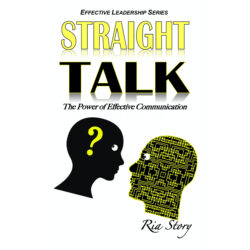

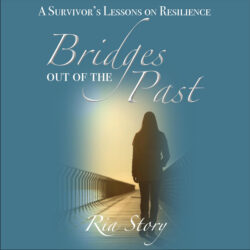



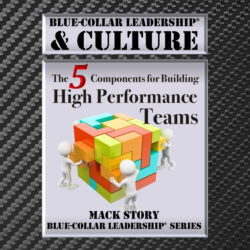
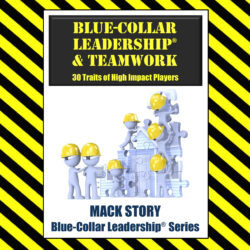


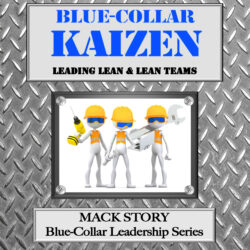




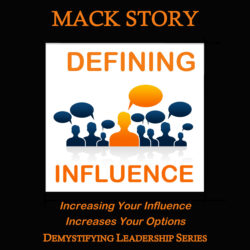
You must be logged in to post a comment.